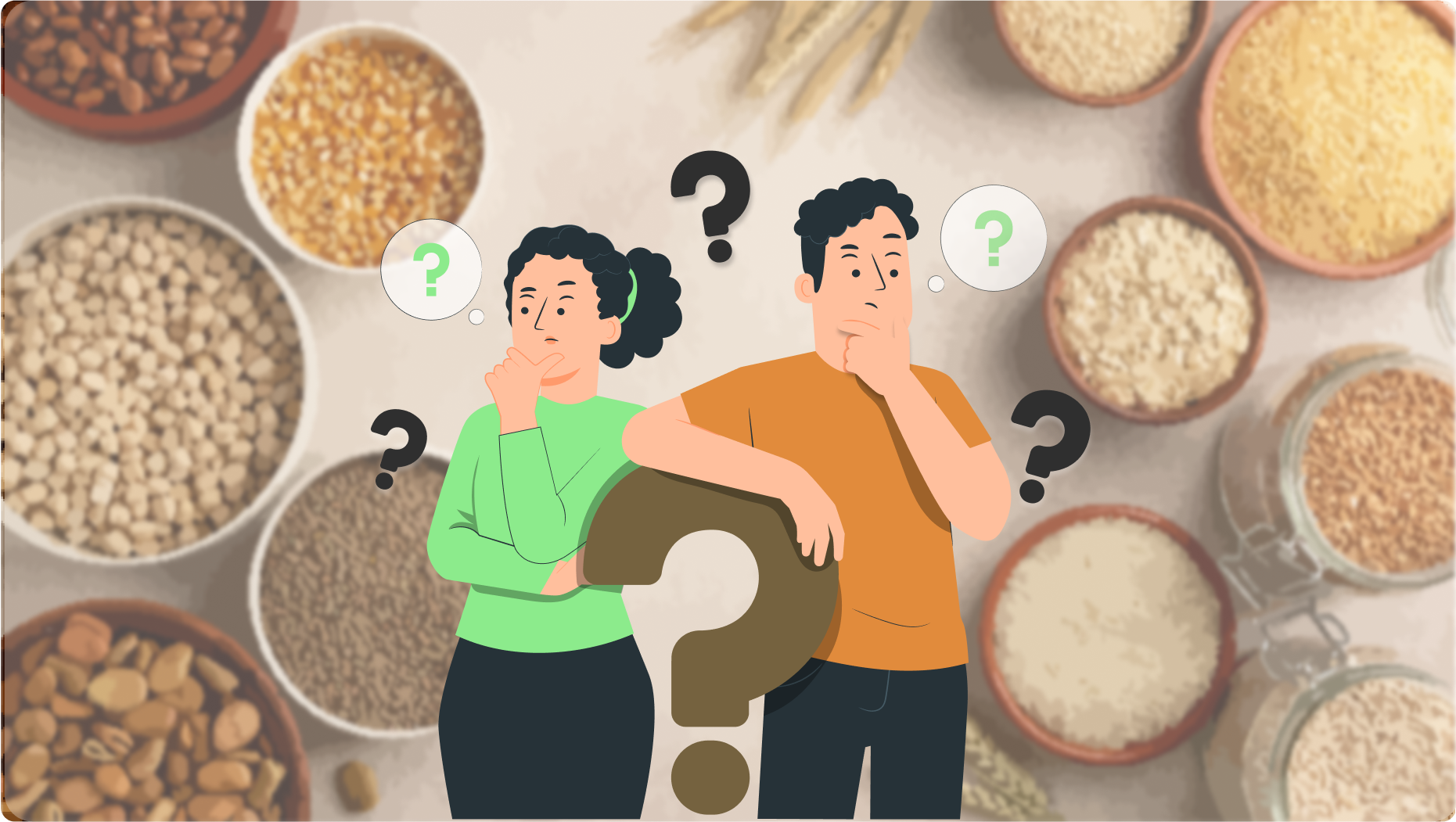
Can Millets Cause Indigestion?
, by saikat dutta, 2 min reading time

, by saikat dutta, 2 min reading time
Millets, a group of ancient grains, have gained immense popularity in recent years due to their nutritional value and gluten-free nature. However, some individuals experience digestive discomfort after consuming millets. This raises the question: can millets cause indigestion?

While millets are generally considered easy to digest, certain factors can contribute to indigestion, including:
1. High Fiber Content: Millets are rich in fiber, which plays a crucial role in gut health. However, consuming large amounts of fiber, especially for individuals with sensitive digestive systems, can lead to bloating, gas, and discomfort.
2. Antinutrients: Millets contain antinutrients like phytic acid and tannins, which can interfere with the absorption of certain nutrients and irritate the digestive tract.
3. Individual Sensitivities: Some people may have specific sensitivities to certain types of millets or their components. This can lead to individual reactions like bloating, diarrhea, or cramps.
4. Cooking Method: Improper cooking methods can affect the digestibility of millets. Soaking, sprouting, and fermenting can help break down antinutrients and improve digestion.
5. Quantity Consumed: The amount of millet consumed can also play a role. Starting with smaller portions and gradually increasing intake allows your digestive system to adjust.

Managing Indigestion from Millets:
If you experience indigestion after consuming millets, here are some tips to manage it:
Start with small portions: Gradually increase your intake as your digestive system adapts.
Soak and sprout: Soaking and sprouting millets for several hours can help break down antinutrients and improve digestibility.
Ferment: Fermenting millets can further enhance their digestibility and nutrient absorption.
Choose specific types: Certain types of millets like kodo millet and little millet are considered easier to digest than others.
Cook properly: Use appropriate cooking methods like pressure cooking or slow cooking to ensure proper digestion.
Combine with digestive aids: Including digestive enzymes or probiotics with your meals can help break down complex carbohydrates and improve digestion.
Listen to your body: Pay attention to your body's signals and adjust your millet intake accordingly.
In
Conclusion of Can Millets Cause Indigestion?:
While millets are generally considered healthy and easy to digest, some individuals may experience indigestion due to factors like high fiber content, antinutrients, individual sensitivities, and improper cooking methods. By following the tips mentioned above, you can minimize the risk of indigestion and enjoy the numerous health benefits of millets.
Additional Information:
Consult a healthcare professional if you experience persistent or severe digestive issues after consuming millets.
Consider individual dietary needs and sensitivities when incorporating millets into your diet.
Experiment with different types and cooking methods to find what works best for you.


